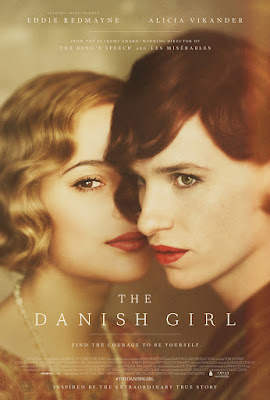Dark Horse is another little gem that I missed at Sundance this year. Luckily the Broadway, my favorite art house theater in downtown SLC, screens most of the Sundance selections so I can eventually see all of the movies that I missed. I saw Dark Horse last night and I loved this inspirational documentary of how a group of working-class people from a poor mining community in Wales bred a champion racehorse. Jan Vokes, a barmaid at a local pub, decided that she wanted to breed a racehorse and enlisted the help of the pub's patrons to create a syndicate. Every member contributed £10 a week and eventually 23 people owned a share in the horse. Jan bought a mare that came in last in every race she ran and had a bad temperament then found a stallion with a stud fee of £3000. She took a second job as a cleaner at a grocery store to pay the stud fee. They raised the foal, which they named Dream Alliance, on an allotment in their village and then, when he was old enough, found the best trainer that they could afford. Philip Hobbs agreed to train Dream Alliance because he was "street smart and scrappy" but ultimately didn't think he could win. At Dream Alliance's first race, the syndicate only hoped that he would finish the race but were elated when he came in fourth place. As he began winning, he started to garner national attention and became a symbol of hope for the entire village. The members of the syndicate are absolutely endearing and often reduced me to tears in their interviews. My favorite scene in the documentary is when the whole syndicate, including members with tattoos, piercings, missing teeth, and sandwiches wrapped in tin foil, went to the racetrack to see Dream Alliance in his first race and, wearing badges signifying that they were owners of a horse, mingled with the aristocracy. This is a stand-up-and-cheer movie about achieving a goal that everyone says can't be accomplished and I highly recommend it.
Note: Dark Horse won the 2016 Documentary Audience Award at Sundance. Good stuff!



















